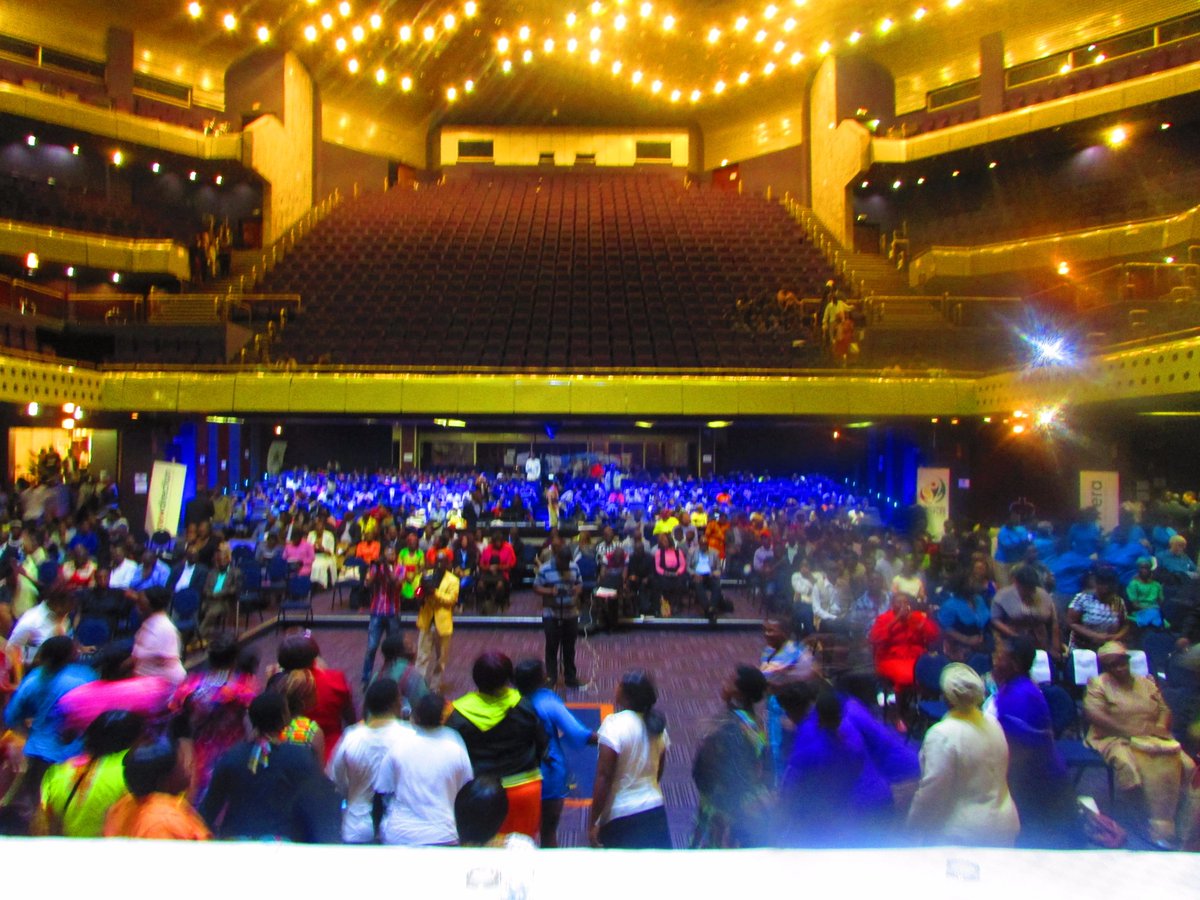By ZimRights Information Department
Harare – THE 2017 National People’s Convention of the church, civil society, labour and social movements held at the Harare International Conference Centre (HICC) on the day of the inauguration of new Zimbabwean President Emmerson Mnangagwa produced a declaration.
The Zimbabwe Human Rights Association (ZimRights) director, Okay Machisa, chaired one of the sessions on human rights feeding into the 2017 National People’s Convention Declaration, which recommended urgent movement towards constitutionalism, democracy, ending impunity, upholding the rule of law and implementation of institutional reforms.
Speaking during the human rights session on Friday, November 24, 2017, Machisa said: “We must make it clear that citizens should enjoy the right to choose their leaders through free and fair elections.
“Everyone should feel free to exercise all their fundamental human rights in line with the Constitution from now going forward.”
The Declaration also laid out demands for nation-building, security sector, freedom of expression, natural resource governance, service delivery, democracy and elections, social inclusion, ethics of national leadership, women’s rights and youth development.
The Convention was meant to “influence the new government’s agenda” and lay out “key demands to inform a citizen centered transitional framework towards the Zimbabwe we want,” civic groups said.
The organisations pledged to “commit ourselves to continuously work together to contribute towards a collective national agenda to facilitate the empowerment of citizens and engage the newly elected government to find shared solutions.”
On the economic front, the Convention called for the audit of the controversial Marange diamonds production, export and tender system, and the structure of the state-owned Zimbabwe Consolidated Diamond Company (ZCDC) on the backdrop of an estimated unaccounted US$15 billion in revenue.
Civil society also called for the Mnangagwa administration to address “the odious public debt through a national debt audit” of the estimated US$ 11.6 billion as of June 2017.
The Convention called for the government to introduce a quota system for youth in all spheres of governance and leadership, including a youth-led Youth Ministry as well as equitable funding for youth-run business enterprises.
As part of nation-building, the government was implored to address the Gukurahundi massacres through an impartial National Peace and Reconciliation Commission (NPRC) and implement the constitutional provision for devolution of power to the provinces.
The new government must “accelerate the enforcement of measures to end all forms of violence against women in the home, communities, in the workplace, in public spaces and political affairs.”
The Convention called for the independence of the media through non-editorial interference, stopping harassment of journalists and the media, guaranteeing internet freedom, transforming of the state media such as the monopolistic Zimbabwe Broadcasting Corporation (ZBC), and non-partisan issuance of licences to the three broadcasting tiers namely community, commercial and public.
The government has also been asked to domesticate the United Nations Convention on Persons with Disabilities and implementation of a Disability Policy through a consultative and inclusive approach.
Civil society also called for decent work and an environment conducive for enterprises in line with Goal 8 of the Sustainable Development Goals through established of dialogue platforms for social partners.
